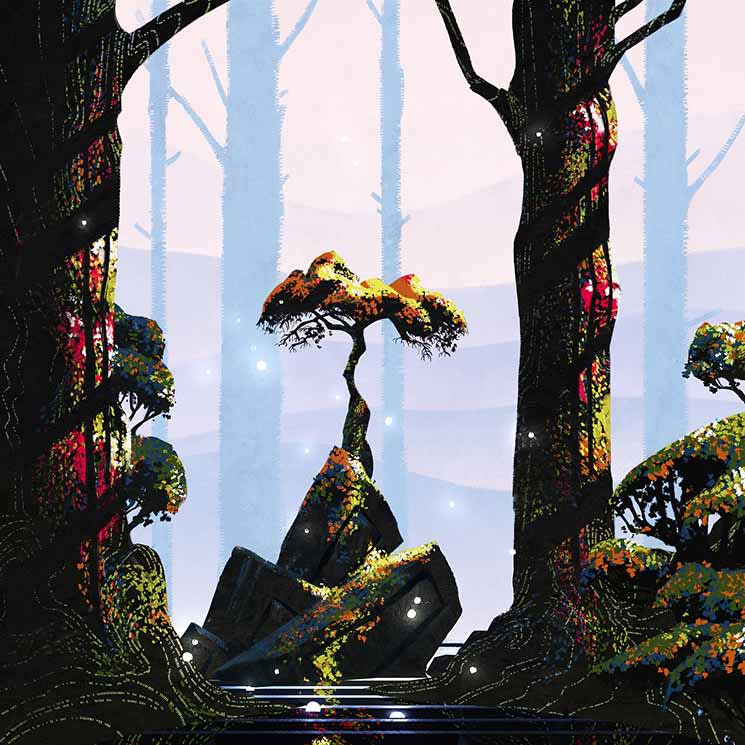French producer Erol Engintalay has been releasing music as Monomotion on his own Fake Music label since the mid-2010s, kicking off a trilogy of EPs with 2015's Behind the Moon, which boasted bright, crisp production and more than a few rousing grooves.
If it was a tad bland, it was at least serviceable, but after 2017's Leaving followed suit, it's hard to get on board for more of the same on 2019's Fujisan. While once again professionally produced, with a languid, tropical vibe that's generally appealing, this entry is again quite forgettable — although pleasant enough while playing.
Engintalay continues to work in a prosaic EDM-lite vein here, flirting with trap beats now and then, using the same unimaginative bass and synth tones from track to track, and picking out equally interchangeable trance melodies. There are some interesting touches, like the clicking, insect-like percussion that closes out "Mango," or the ghostly vocal sample that floats through "Borders," but mostly Fujisan stakes out a place in the background and remains there resolutely.
From this perspective Fujisan is undeniably sleek and marketable, and its music would fit perfectly well into any number of ancillary media contexts: loading screens, advertisements, the front-end menus of a sci-fi MMO maybe (the eye-catching cover art calls to mind No Man's Sky for instance). As a standalone release, however, it's held back by its lack of personality and risk-taking of any kind. That said, if you need something low-key and inoffensive to play while you study or socialize, Fujisan has you covered.
(Independent)If it was a tad bland, it was at least serviceable, but after 2017's Leaving followed suit, it's hard to get on board for more of the same on 2019's Fujisan. While once again professionally produced, with a languid, tropical vibe that's generally appealing, this entry is again quite forgettable — although pleasant enough while playing.
Engintalay continues to work in a prosaic EDM-lite vein here, flirting with trap beats now and then, using the same unimaginative bass and synth tones from track to track, and picking out equally interchangeable trance melodies. There are some interesting touches, like the clicking, insect-like percussion that closes out "Mango," or the ghostly vocal sample that floats through "Borders," but mostly Fujisan stakes out a place in the background and remains there resolutely.
From this perspective Fujisan is undeniably sleek and marketable, and its music would fit perfectly well into any number of ancillary media contexts: loading screens, advertisements, the front-end menus of a sci-fi MMO maybe (the eye-catching cover art calls to mind No Man's Sky for instance). As a standalone release, however, it's held back by its lack of personality and risk-taking of any kind. That said, if you need something low-key and inoffensive to play while you study or socialize, Fujisan has you covered.
